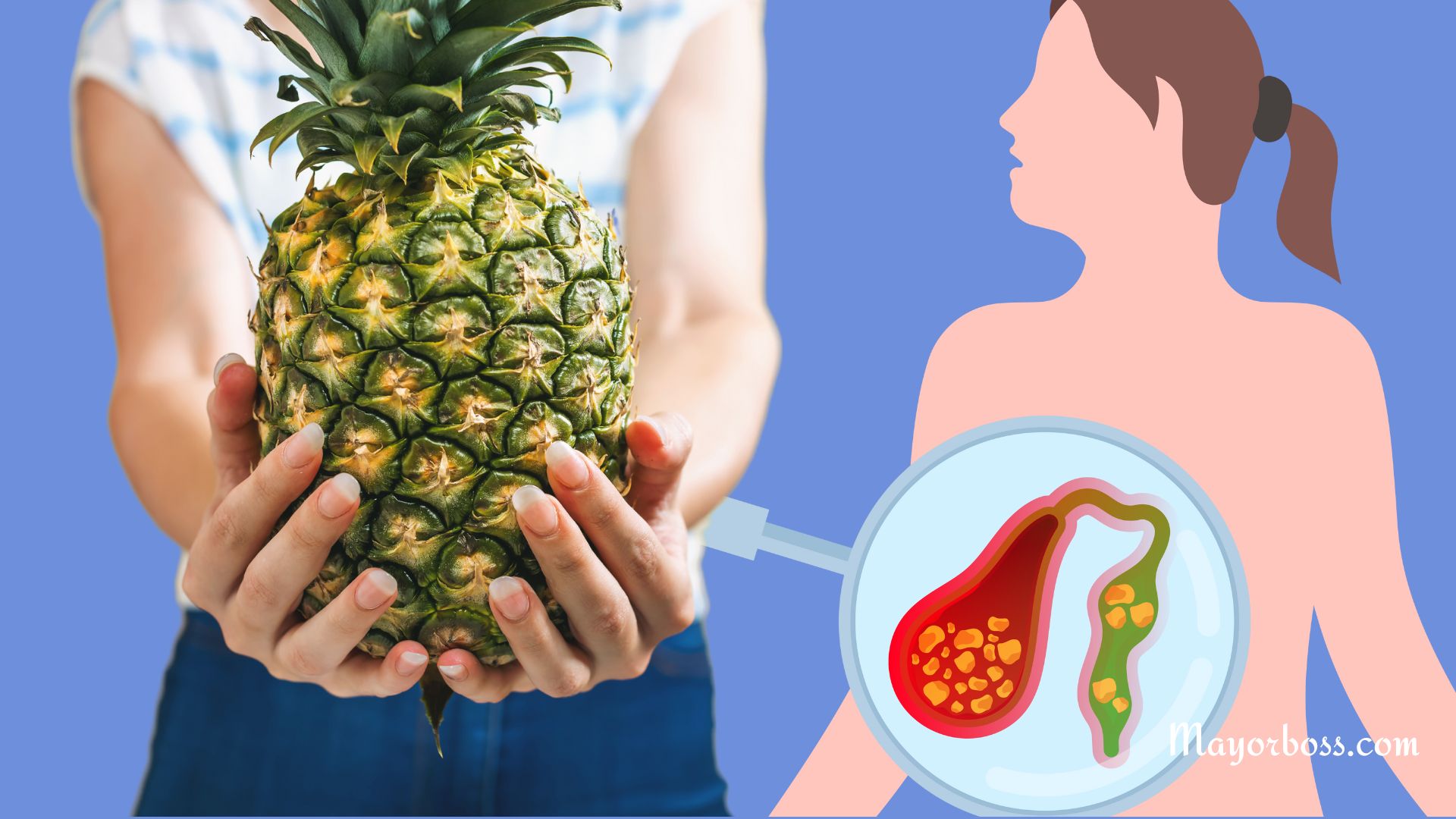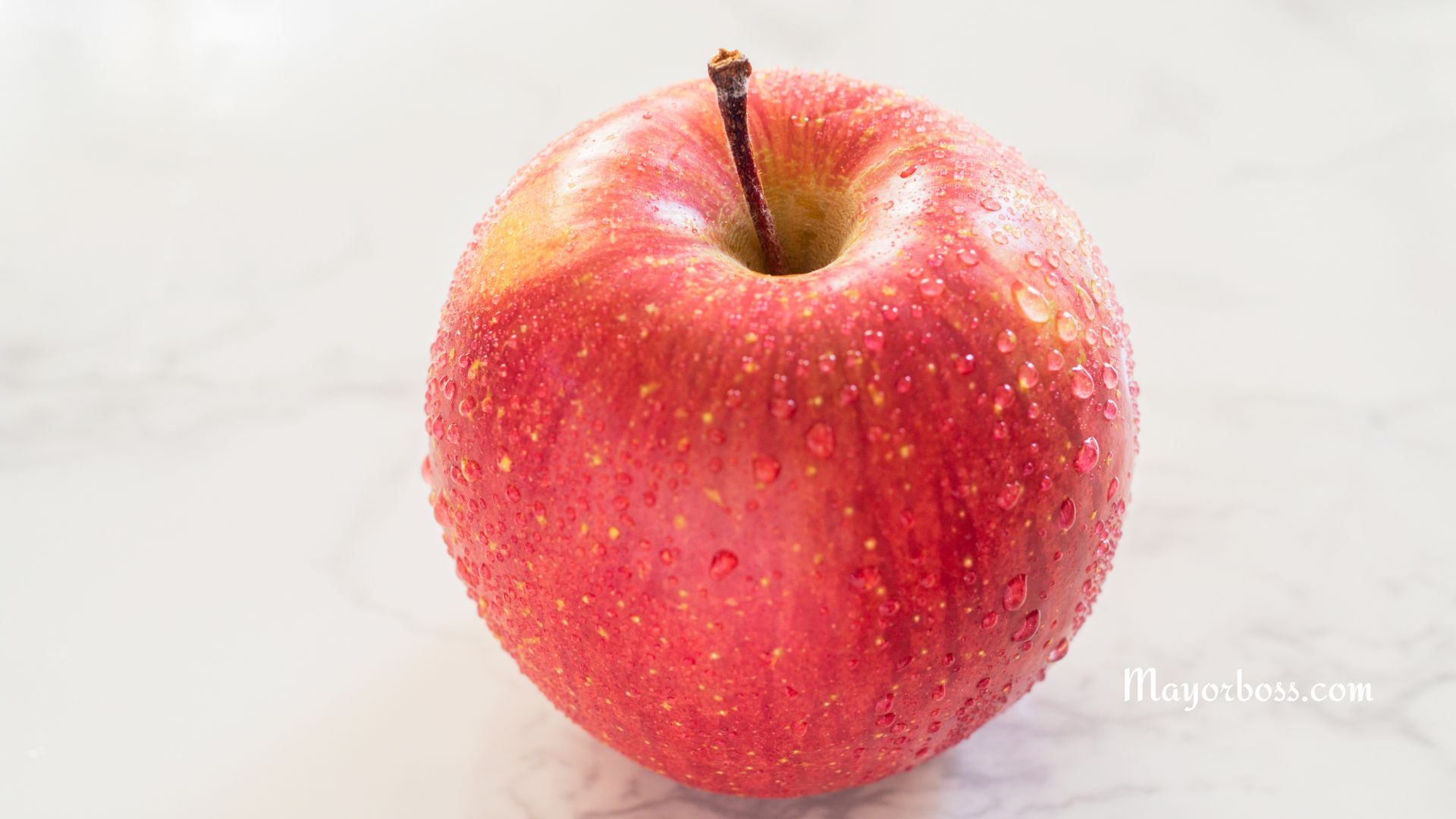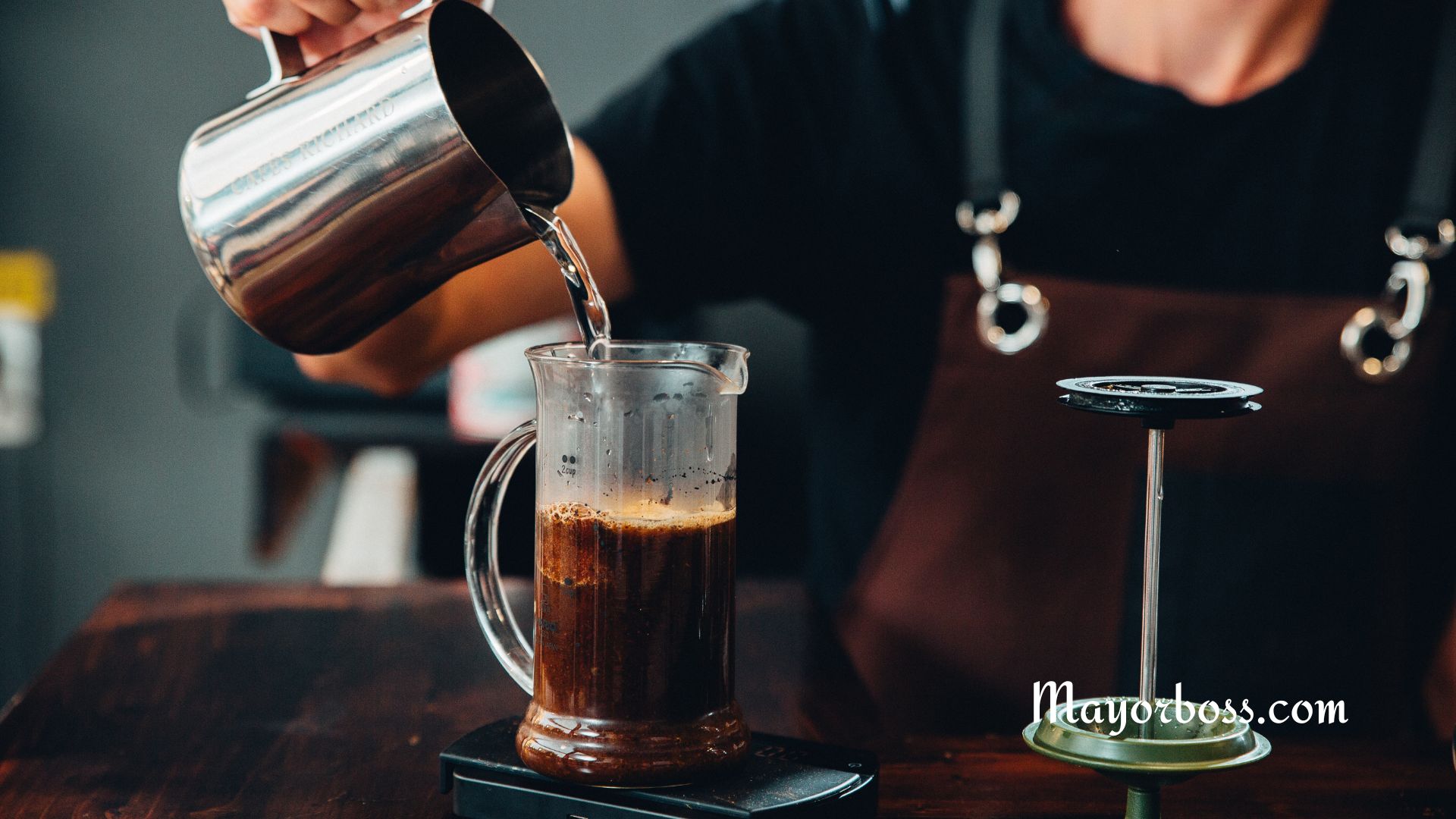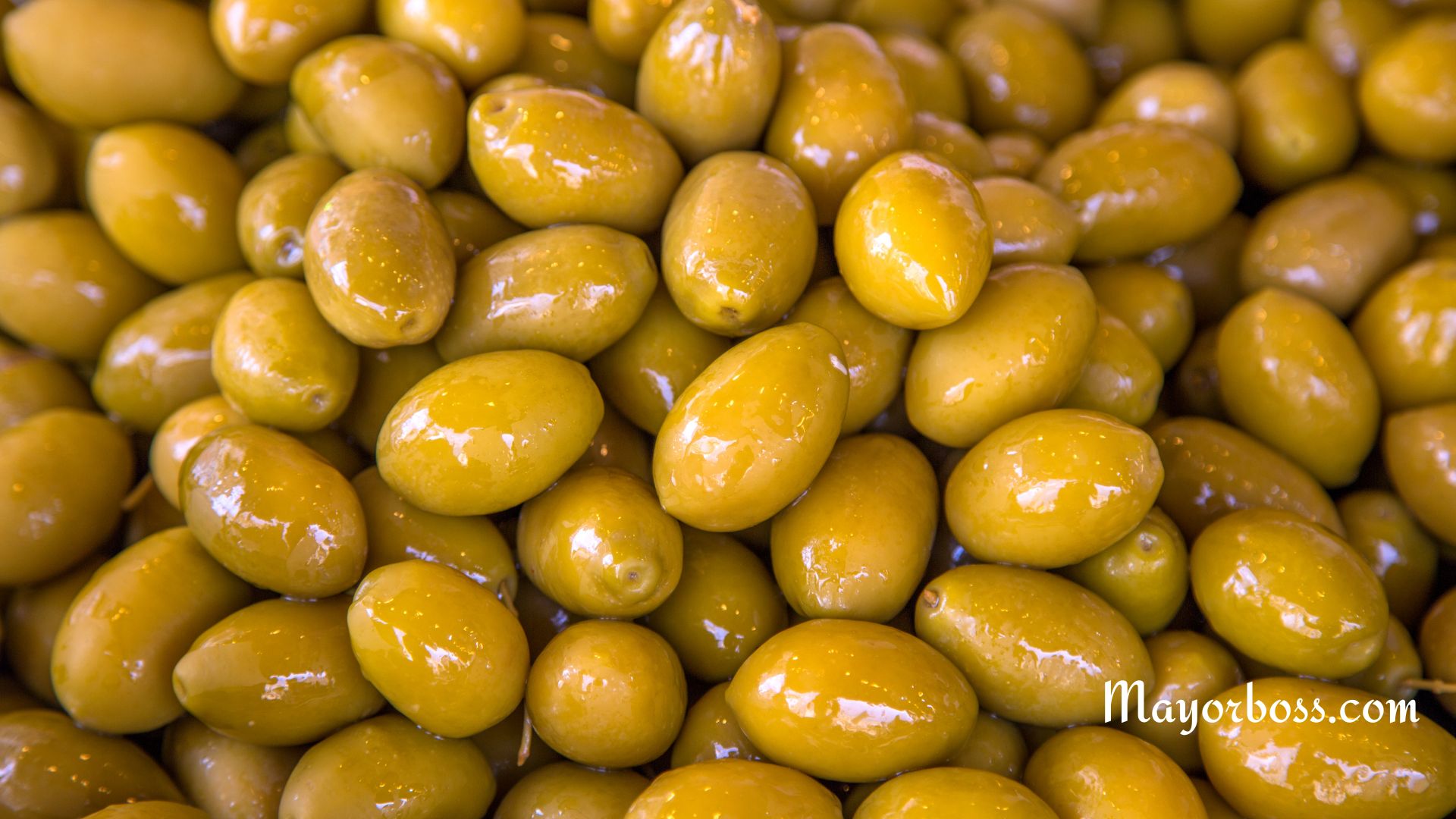What To Eat When You Have Gallstones
Are you looking for food to eat for gallstones? Gallstones can be a painful condition affecting your gallbladder, a small organ that helps digest fat. Eating the right foods can help manage symptoms and even prevent gallstone attacks. Key dietary choices include a low-fat diet, plenty of fruits and vegetables, and avoiding certain foods that can trigger symptoms. Before diving into what you should eat, it’s crucial to know what gallstones are.

What Are Gallstones?
Gallstones are hard, pebble-like substances that form inside your gallbladder. Your gallbladder stores bile, a liquid produced by your liver to help digest fats. When substances in bile, like cholesterol or bilirubin, crystallize, they form gallstones.
Why Food Choices Matter
When you have gallstones, your diet can play a significant role in how you feel. Certain foods can trigger a gallstone attack, which is a painful condition usually requiring medical attention. On the flip side, some foods may help prevent these attacks and alleviate symptoms.
Foods that Trigger Gallstone Attacks
Here are some foods you might want to avoid:
- Fried Foods: Items like fried chicken or french fries are high in unhealthy fats.
- High-Fat Meats: Think twice before reaching for that juicy steak or bacon strips.
- Dairy Products: Full-fat milk, cheese, and butter can exacerbate symptoms.
- Sugary Foods: Sweets, sodas, and pastries are not your friends when you have gallstones.
Foods that Help Prevent Attacks
Conversely, you’ll want to focus on foods that can aid in symptom management:
- Fruits and Vegetables: These are high in fiber and essential nutrients.
- Whole Grains: Opt for whole-grain bread, pasta, and brown rice.
- Lean Protein: Chicken, fish, and tofu are excellent choices.
- Low-Fat Dairy: Skim milk or low-fat yogurt can be a part of a gallstone-friendly diet.
Here’s why fruits and veggies are good for you when you’re dealing with gallstones and boom, here’s exactly which ones to go for.
| Fruits to Eat | Vegetables to Eat |
|---|---|
| Apple | Spinach |
| Banana | Broccoli |
| Berries (Strawberries, Blueberries, etc.) | Carrots |
| Grapes | Kale |
| Watermelon | Cucumber |
| Orange | Bell Peppers |
| Pear | Zucchini |
| Peach | Cauliflower |
| Pineapple | Tomatoes |
| Mango | |
| Papaya |
Why These Choices?
Fruits
- Apple: Rich in fiber and easy to digest.
- Bananas: Low in fat and high in essential nutrients like potassium.
- Berries: Packed with antioxidants and vitamins.
- Grapes: Also rich in antioxidants and easy on the digestive system.
- Watermelon: Hydrating and low in fat.
- Orange: Full of vitamin C, but eat in moderation due to natural sugars.
- Pear: Another fiber-rich option.
- Peach: Low in calories and a good source of vitamins.
- Pineapple: Contains bromelain, an enzyme that may help with digestion.
- Mango: High in vitamins A and C, but be mindful of the natural sugars.
- Papaya: It contains papain, another digestive enzyme, and is rich in vitamin C.
Vegetables
- Spinach: A nutrient powerhouse.
- Broccoli: Low in calories and high in fiber.
- Carrots: A great source of beta-carotene.
- Kale: Rich in vitamins and antioxidants.
- Cucumber: Hydrating and low in calories.
- Bell Peppers: A good source of vitamins A and C.
- Zucchini: Low in calories and high in water content.
- Cauliflower: A versatile vegetable that’s low in fat.
- Tomatoes: A good source of lycopene and vitamin C, but eat in moderation if you’re sensitive to acidic foods.
Feel free to mix and match these fruits and vegetables to keep your meals interesting while managing your gallstone symptoms.
Tips for a Gallstone-Friendly Diet
Plan Balanced Meals
Aim to create meals that include a variety of food groups. A plate with a lean protein, a handful of veggies, and a serving of whole grains is a good starting point.
Portion Control
When dealing with gallstones, less can often be more. Smaller meals are easier on your gallbladder because they require less bile for digestion. Therefore, consider eating more frequent, smaller meals throughout the day.
Hydrate Wisely
Water is usually the best choice for hydration. Avoid sugary drinks and limit caffeine, as these can irritate your gallbladder.
Check Labels
Food labels can be a treasure trove of information. Look for items low in saturated fats and high in fiber.
Supplements and Natural Remedies
Some people swear by certain supplements and natural remedies for gallstone relief:
- Milk Thistle: Believed to stimulate the gallbladder.
- Turmeric: Known for its anti-inflammatory properties.
- Peppermint: This may help improve bile flow.
However, before adding any supplement to your diet, consult your healthcare provider.
The Importance of Exercise
Physical activity can be another helpful aspect of managing gallstones. Regular exercise helps maintain a healthy weight, which is crucial in preventing gallstone attacks. Therefore, aim for at least 30 minutes of moderate exercise most days of the week.
When to Seek Medical Advice
If you experience severe pain, especially in the upper right side of your abdomen, it might be a gallstone attack. Additionally, symptoms like jaundice, fever, or prolonged pain are serious and require immediate medical attention.
Your healthcare provider can offer more personalized advice tailored to your condition, including whether surgical removal of the gallbladder is necessary. Keep in mind that diet alone may not be enough to treat gallstones, especially in severe cases.
Further Reading: 15 Foods Good For Your Gallbladder






